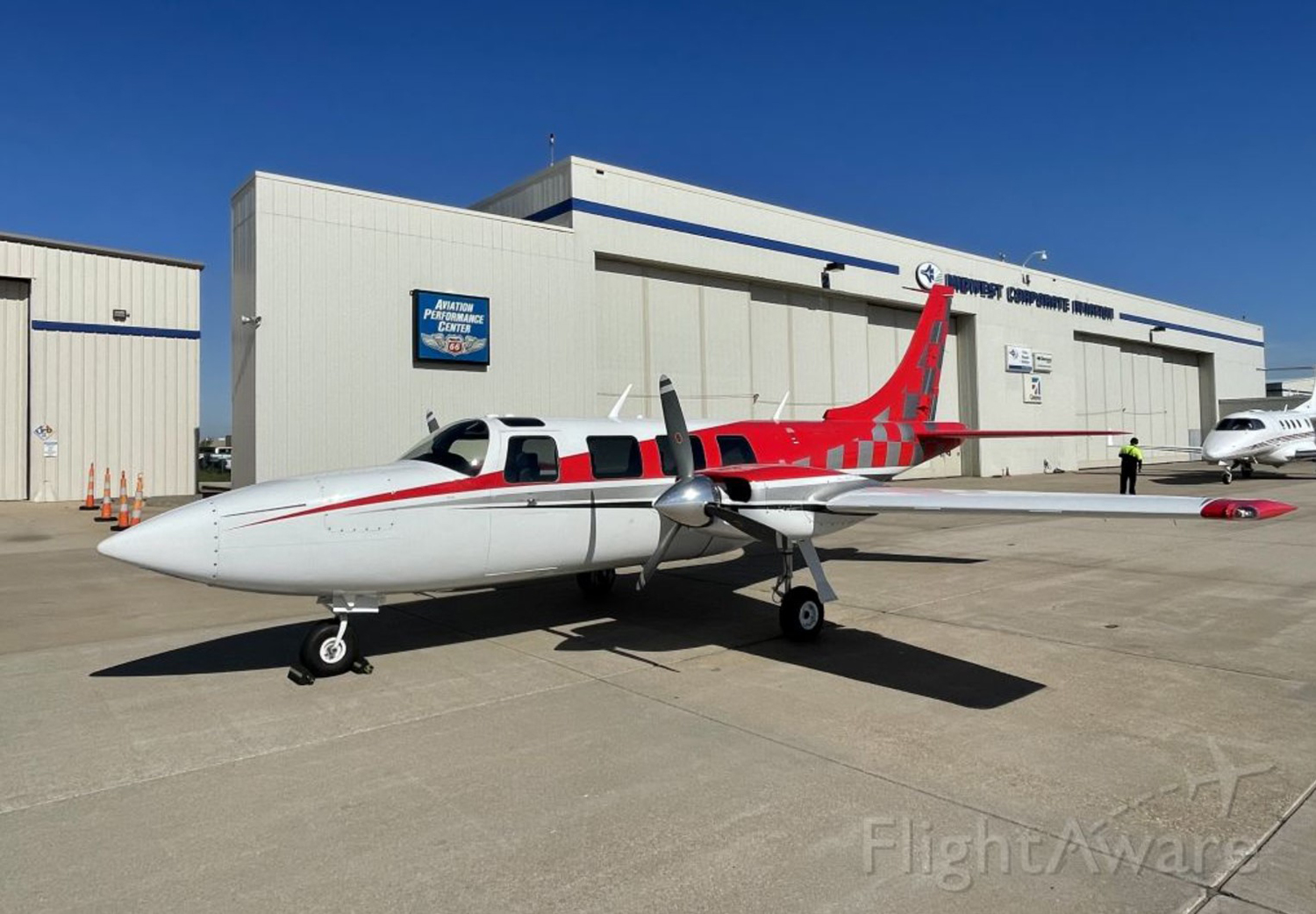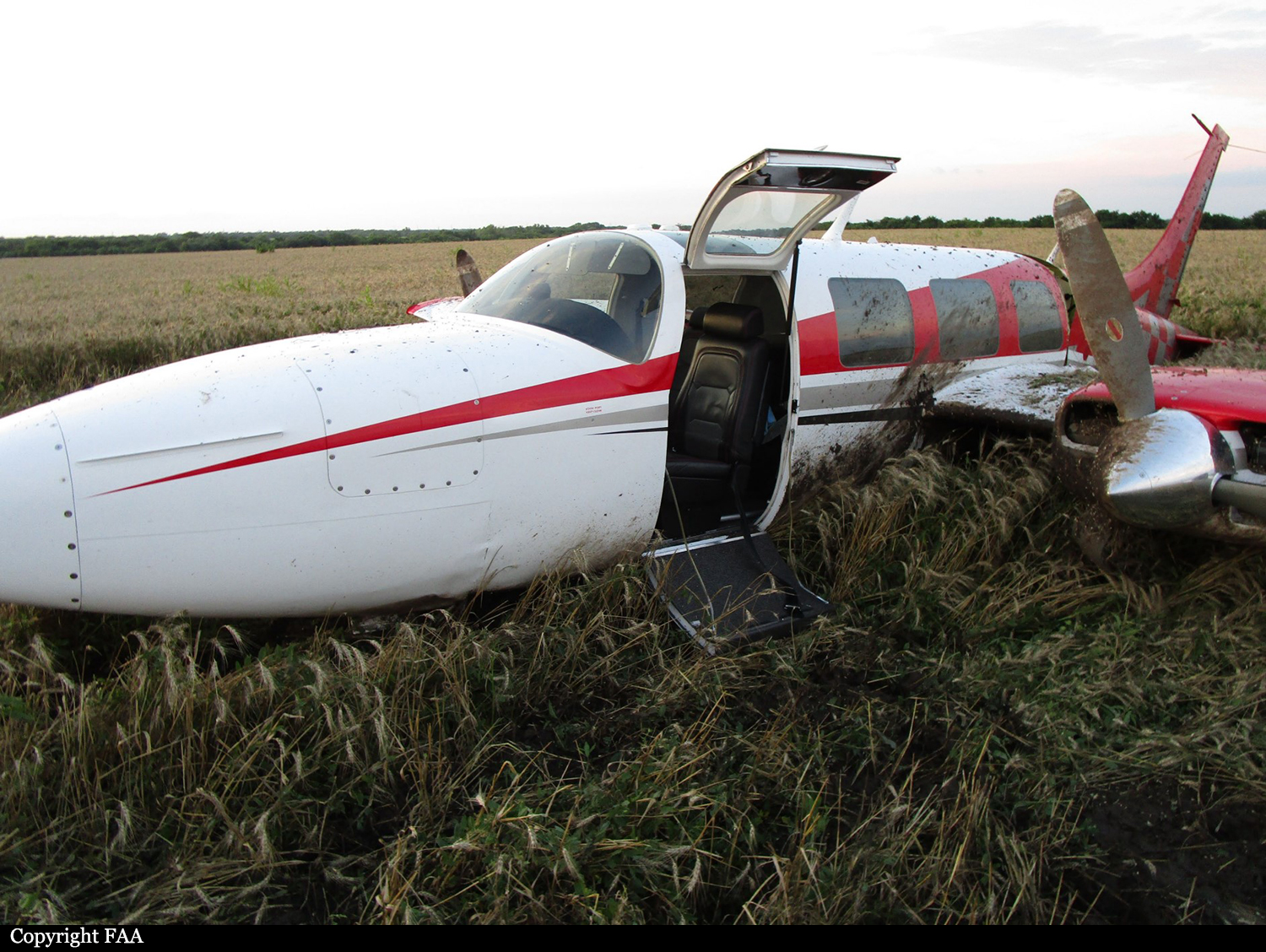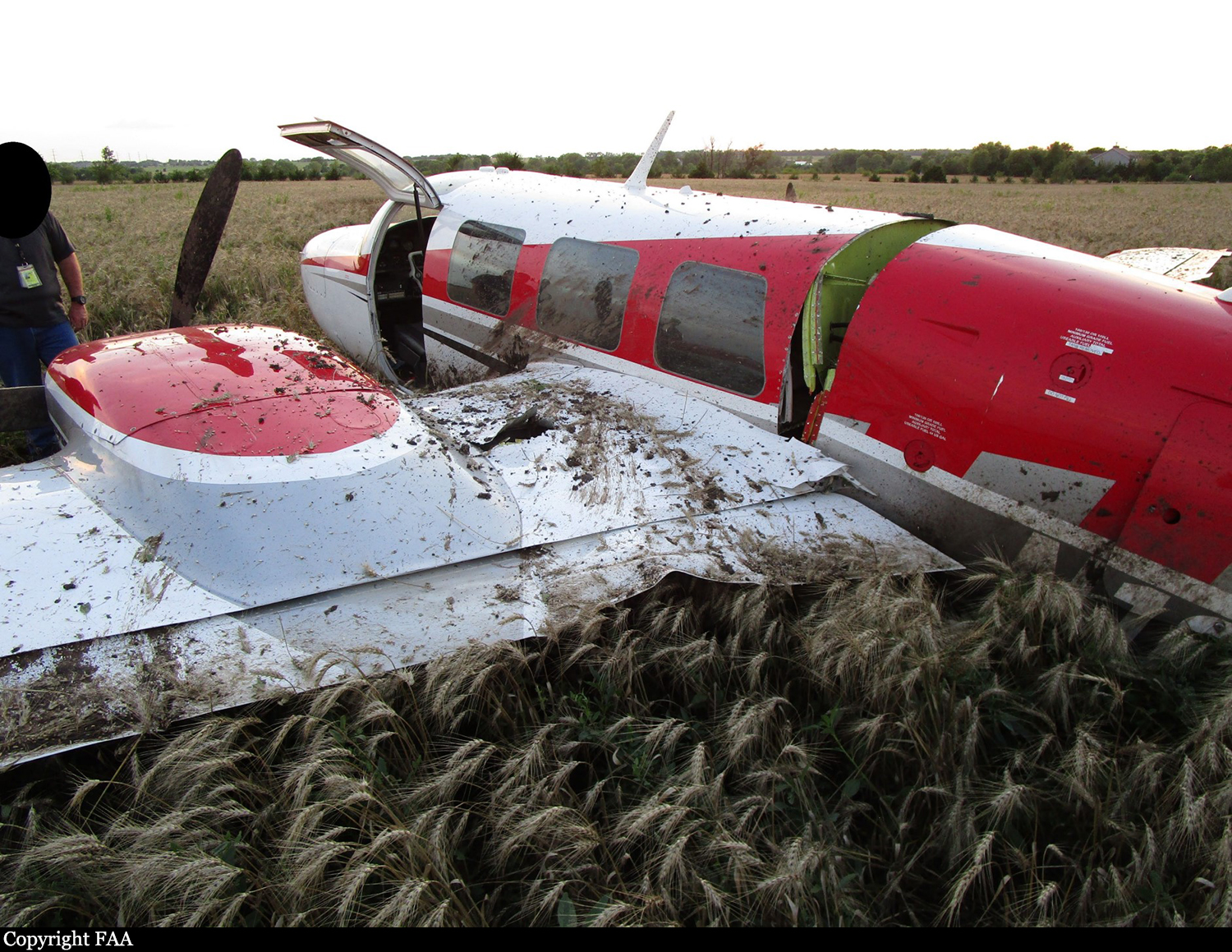Crash of a Cessna S550 Citation S/II in San Diego: 6 killed
Date & Time:
May 22, 2025 at 0347 LT
Registration:
N666DS
Survivors:
No
Schedule:
Teterboro - Wichita - San Diego
MSN:
S550-0056
YOM:
1985
Crew on board:
1
Crew fatalities:
Pax on board:
5
Pax fatalities:
Other fatalities:
Total fatalities:
6
Circumstances:
The airplane departed Teterboro on a flight to San Diego with an intermediate stop at Wichita-Colonel James Jabara Airport. The crew initiated a night approach to San Diego-Montgomery-Gibbs Airport Runway 28R in marginal weather conditions. On final, the airplane descended below the minimum descent altitude, collided with power lines and crashed at 3100 Salmon Street, Terriasanta, about 3 km short of runway 28R threshold, bursting into flames. The airplane as well as several vehicles on the ground were destroyed. Runway 28R is 1,000 metres long.




